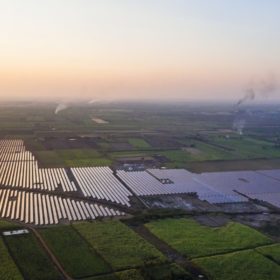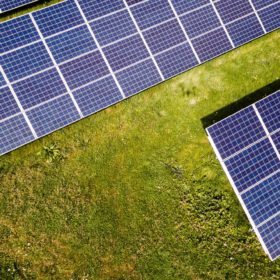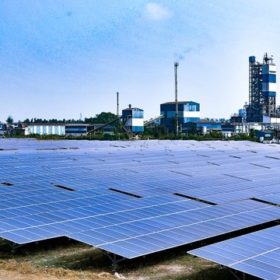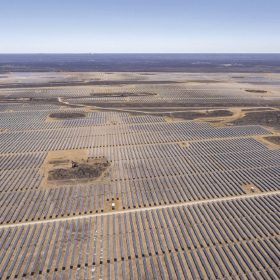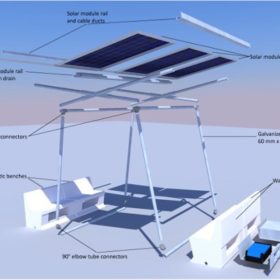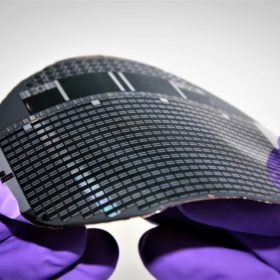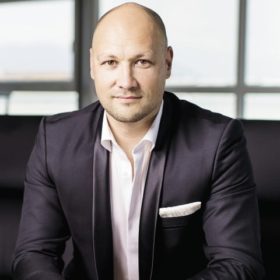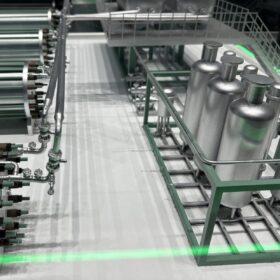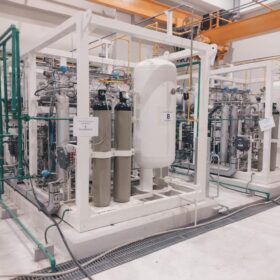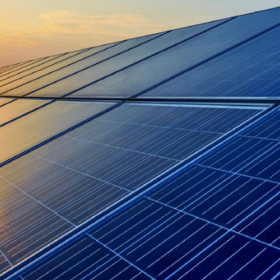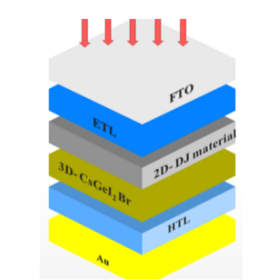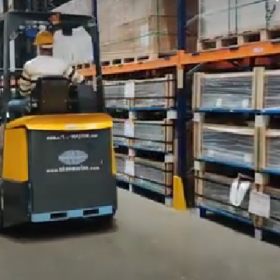Amp Energy India raises US$ 100 million from Danish investor
Copenhagen Infrastructure Partners and Amp Energy have signed a US$200 million investment pact with each partner committing to $100 million. The investment will allow Amp Energy to add 1.7 GWp of utility-scale and commercial and industrial renewable energy projects.
Torrent Power acquires 50 MW solar assets from Lightsource BP
The PV plant is situated in the Solapur district of Maharashtra. It benefits from a 25-year power purchase agreement with Solar Energy Corporation of India Limited at a fixed tariff of INR4.43 per unit.
The long read: What research is needed for the effective recycling of batteries?
With manufacturing ramping up year by year and policies already looking to get ahead of the large volumes of end-of-life products, the landscape for lithium-ion battery recycling is rapidly changing. pv magazine recently spoke with Mari Lundström, associate professor of chemical and metallurgical engineering at Aalto University, to find out what is needed on the research side for the effective recycling of batteries.
Fourth Partner Energy acquires 8.9 MW solar portfolio from Statkraft
The acquisition is in line with the Hyderabad-based corporate solar developer’s plan to ramp up. For Norwegian developer Statkraft, the selloff is part of its strategic plan to exit the distributed solar segment in India and focus on developing large-scale projects.
ReNew Power to use Dassault Systèmes’ 3D virtual platform for RE project management
The Indian developer will use the 3DExperience virtual platform to manage its utility-scale solar, wind, and hybrid energy projects more efficiently. The platform enables users to track the progress of multiple complex projects, quickly act on insights and ensure best-in-class delivery.
The long read: Your solar+storage business plan
With many developers now working on solar+storage projects, it’s time to look more closely at specific business plans. Siobhán Green, lead on battery storage in continental Europe for Everoze, looks at three key questions.
A solar pavilion for India’s rooftops
India’s energy transition will not succeed without rooftop PV and roll-out is hindered not only by a lack of household finance, but by the fact many of the nation’s flat roofs are enjoyed by residents. Germany’s international development agency has proposed a solution.
Fraunhofer ISE unveils 68.9%-efficient III-V solar cell for laser energy transmission systems
The German research institute said the gallium arsenide cell has achieved the highest efficiency to date for the conversion of light into electricity.
The long read: Rethinking PV module degradation
PV module making is a brutally competitive industry. And for Slovenian module maker Bisol, in business since 2004, one of the keys to success has been to remain focused on the value its products deliver to the customer. And as company founder and CEO Uroš Merc explains, in 2021 this means reimagining module degradation.
Demand, policies, investment key to green hydrogen development
Ruchi Gupta is a research fellow at the University of Geneva’s Institute for Environmental Sciences. She focuses on how flexibility options, such as sector coupling with hydrogen production, can support renewable energy integration and decarbonize a wide range of sectors.
